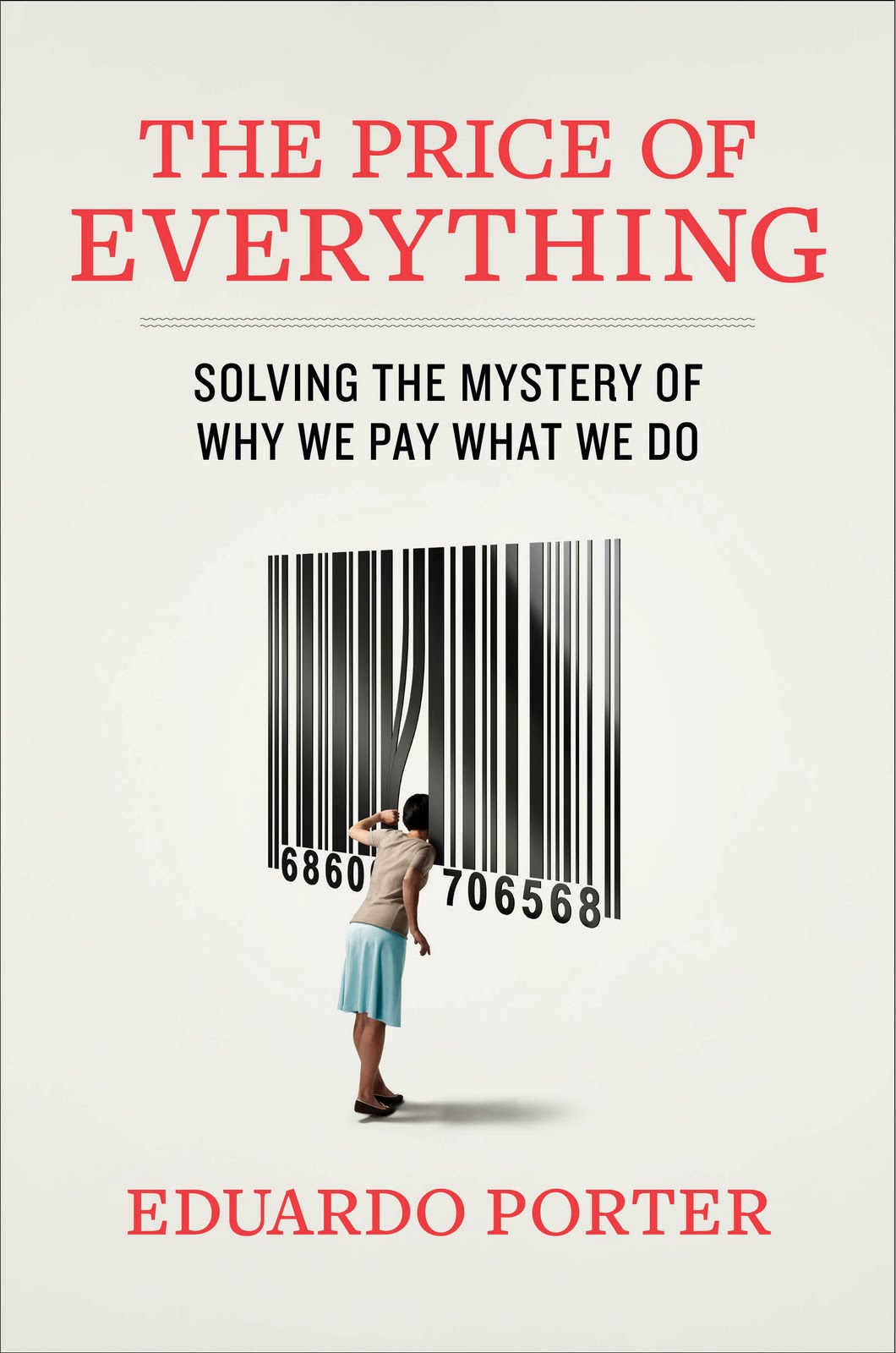
The table of contents aims to rouse curiosity. It promises to reveal the prices of life, happiness, and even women! Further, it goes into areas that make you very curious. What’s the price for “free?” Isn’t the answer obviously zero? Eduardo Porter used the word price and cost interchangeably and the answer is therefore anything but.
Eduardo Porter was never going to reveal the prices of those. This is yet another new behavior economy books popularized by Freaknomics. The book tried to explain society through the lens of economy: money, incentive, and returns. Further, Eduardo had a social agenda and, like everyone who has one, he couldn’t get off the soap box either.
There are gems that are just entertaining or controversial:
Robert Kennedy’s 1968 speech:
Gross national product counts air pollution, and cigarette advertising, and ambulances to clear our highways of carnage. It counts special locks for our doors and the jails for people who break them. It counts the destruction of the redwoods and the loss of our natural wonder in chaotic squall. … It counts Whitman’s rifles and Speck’s Knifes and the television programs which glorify violence in order to sell toys to our children. Yet, the gross national product does not allow for the health of our children, the quality of their education, or the joy of their play; it does not include the beauty of our poetry of the strength of our marriages, the intelligence of our public debate for the integrity of our public officials. … It measures everything in short except that which makes life worth while. And it can tell us everything about America except why we are proud that we are Americans.
On the price of women, Eduardo essentially examined traditional social roles and how working has changed everything. When working demands less physical strength and more intelligence, women no longer need man to provide means of lives. The traditional “sex and kids in exchange for foods and shelter” deal broke down, since working women can provide foods and shelter as easily as men, as long as they are equally educated and trained. Working women therefore bear less children. The chic of working also changed the definition of beauty. The body type that favors reproduction capability is now less desirable. This means advanced societies, that value working women instead of baby factories, are less proliferating.
Then there is the Quiverfull movement that women have the “biblically mandated role of as bearers of children and workers in the home under the authority of a husband.”
Psalm 127:3-5:
Lo, children are an heritage of the LORD:
and the fruit of the womb is his reward.
As arrows are in the hand of a mighty man;
so are children of the youth.
Happy is the man that hath his quiver full of them:
they shall not be ashamed,
but they shall speak with the enemies in the gate.
For this belief, many Quiverfull followers practice polygamy that tend to maximize population growth. This parallels another controversial biblical passage (that every rational and reasonably educated modern persons, including Michelle Bachmann, must disagree):
Ephesians 5:22-24:
Wives, submit yourselves to your own husbands as you do to the Lord. For the husband is the head of the wife as Christ is the head of the church, his body, of which he is the Savior. Now as the church submits to Christ, so also wives should submit to their husbands in everything.
Can you imagine the make up of earth population if these trends continue? The world will breed themselves back to the traditional roles, since new working-women-style societies are disadvantaged at natural selection.
There is an interesting passage on intellectual property. When the US first passed its copyright law in 1790, it protected only American authors. The US printing industry, then, simply pirated books published by British authors. This continued until 1986! For all the accusations that the US software companies made against piracy in Asia, the US, after ripping off others for several hundred years, just does not like others to return the same favor. Well, no one ever accused Americans of playing fair.
